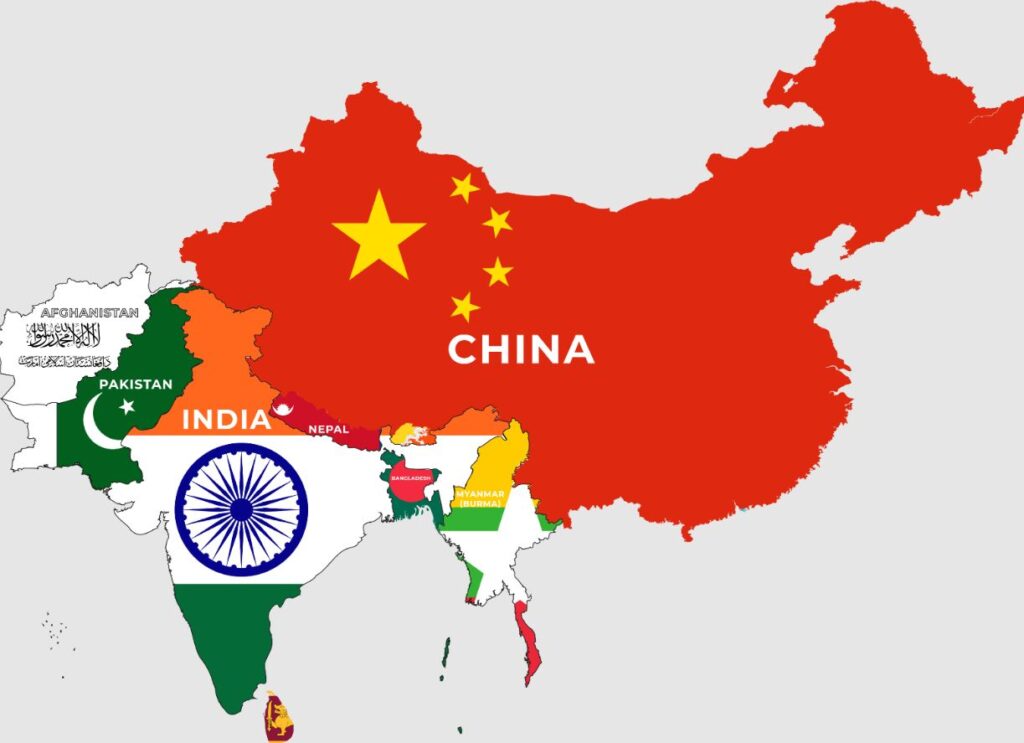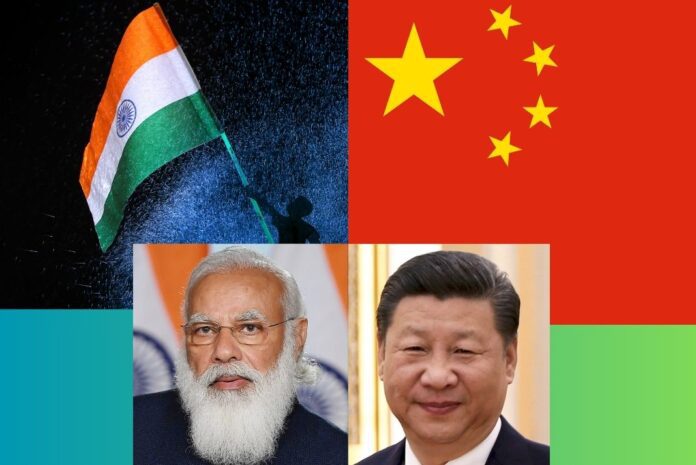India vs China war: who will win? is the most intriguing question asked in recent years throughout the world. India’s rise as a global leader is intricately linked to its relationship with its immediate neighbors. However, contemporary South Asia presents a unique set of challenges for Indian foreign policy. This article analyses the key points from three different sources to shed light on the potential trajectory of India’s relationship with China and its impact on the region and we will try to touch the hypothetical question of India vs China war: who will win?
Table of Contents
Neighborhood Dilemmas

Three major dilemmas India faces in its neighborhood
Political: The rise of anti-India regimes, like the current government in Maldives and the possibility of a Khaleda Zia-led government in Bangladesh, pose significant challenges.
Structural: China’s growing influence through initiatives like the Belt and Road Initiative and its outreach to ostracized states like Myanmar and Sri Lanka are eroding India’s traditional dominance in the region.
Normative: China’s non-normative approach, offering economic benefits without imposing preconditions, appeals to states seeking material gains without political interference.
Suggested Read: Top reasons why KCR lost elections: 2023 Telangana Assembly Election Results
India’s Limitations
India’s ability to effectively navigate challenges is hampered by several factors
Limited Material Resources: Compared to China’s economic prowess, India’s capacity to cater to the region’s material needs is limited, making it less attractive as a partner.
Outdated Policy Approach: India’s focus on maintaining the status quo and engaging primarily with ruling governments alienates other power centers and potential allies.
Diplomatic Staff Shortage: India lacks the necessary diplomatic personnel to effectively implement its foreign policy and address emerging challenges in the region.
China’s Advantages
In contrast to India’s challenges, China enjoys several advantages
Economic Power: China’s vast economic resources allow it to invest heavily in the region, offering attractive deals to South Asian countries.
Non-Normative Approach: China doesn’t impose strict conditions on its partnerships, making it appealing to states seeking economic benefits without interference.
Geopolitical Buffer: China’s rise presents a “geopolitical buffer” for smaller states, allowing them to leverage their relationships with both India and China.
India vs China war: who will win?
While a full-scale war between India and China is unlikely due to the devastating consequences, the potential for escalation remains
Conventional War: China’s superior military, especially in the air and at sea, could give it an initial advantage. However, India’s strong ground forces and its familiarity with the Himalayan terrain could level the playing field.
Nuclear War: The possession of nuclear weapons by both nations raises the terrifying possibility of nuclear escalation. This potential for annihilation would likely deter both sides from engaging in a full-blown war.
Proxy War: China and India could support opposing factions in regional conflicts, leading to indirect confrontation and instability in South Asia.
Way Forward
Avoiding conflict and ensuring regional stability necessitate a proactive approach from India
Acknowledge the New Reality: India needs to accept the new power dynamics in the region and adjust its policy accordingly.
Seek External Support: Engaging friendly external actors like the US can counter China’s influence and prevent the region from becoming Sino-centric.
Engage Multiple Actors: Indian diplomacy needs to be flexible and engage with various stakeholders within each neighboring country, including those who may not be pro-India.
Address Diplomatic Staff Shortage: India urgently needs to increase its diplomatic staff to effectively implement its foreign policy and respond to regional developments.
You may like this: A Tough Road Ahead for Revanth Reddy as Telangana’s New Chief Minister
Conclusion
While the future of South Asia remains uncertain, India has the potential to navigate this complex landscape through a combination of pragmatic policy adjustments, proactive diplomacy, and regional cooperation. Engaging constructively with China, while simultaneously strengthening its own economic and security capabilities, is crucial for India to maintain its influence and ensure regional stability.
By understanding the unique challenges and opportunities presented by this new era in South Asia, India can chart a course towards a more secure and prosperous future for itself and its neighbors.


